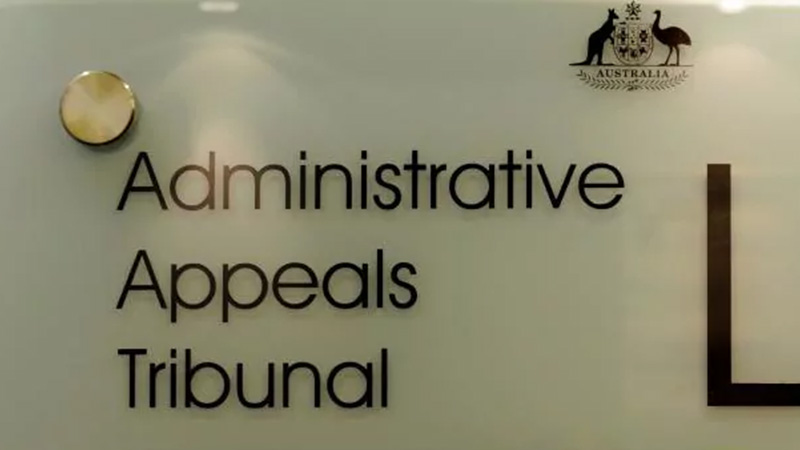AAT reduces agent’s registration disbarment period
A former Sydney tax agent, who failed to comply with his personal tax and business obligations, has succeeded in reducing the duration of his registration exclusion.
The Administrative Appeals Tribunal (AAT) has reduced the period in which a terminated tax agent was prohibited from applying for registration from 18 months to 12 months.
The agent, Stephen Madz, had his registration terminated on 30 May 2019 after the Tax Practitioners Board found that he had failed to lodge his personal income tax returns for the 2017 and 2018 tax years.
Mr Madz also failed to lodge monthly business activity statements for the months ending 30 April 2017 until the date of the hearing.
An order by the TPB, requiring Mr Madz to attend, complete and pass a training course by 31 December 2018, was also failed to be adhered to, leading to his registration termination and being unable to reapply for registration for 18 months.
However, Mr Madz told the AAT there was a “perfect storm” of events which led to his failure to lodge his income tax returns and business activity statements.
These included moving from Strathfield to Surry Hills in November 2015, suffering serious telecommunications difficulties and prioritising client affairs ahead of his own obligations.
Mr Madz also gave evidence that he had been a tax agent for some 40 years and said that he had not had problems meeting his obligations as a tax agent prior to his move to Surry Hills.
AAT deputy president John Pascoe said that while he accepted the telecommunications issues associated with Mr Madz’s move, it did not excuse his failure to conduct his own affairs appropriately.
“I place significant weight on the fact that [Mr Madz] did not appear to treat his obligations under the act with sufficient seriousness, or to demonstrate appropriate respect and willingness to co-operate with the [TPB], an organisation charged with the responsibility for upholding public confidence in the tax system,” Mr Pascoe said.
“In short, as a professional registered tax agent, [Mr Madz] has a real and continuing obligation to behave in a manner which engenders respect and confidence in the tax system. While his difficulties with communications and dealing with the ATO clearly caused him significant difficulties, they do not excuse him from compliance with the law.”
Despite noting that the 18-month exclusion from not applying for registration was not excessive, Mr Pascoe ultimately agreed to reduce the period to 12 months.
“I am however mindful of the fact that the applicant did express some contrition at the hearing and that, for a range of reasons, he appeared to have been unable to cope once he had moved to Surrey Hills, and that this may have been somewhat of an aberration,” Mr Pascoe said.
“I also take into account that he appears to have put his clients’ affairs first, although that is no excuse and must be seen in the light of his obligation to conduct himself in such a manner as to engender public confidence in the system of tax agents (which the [TPB] is required to uphold) as well is the confidence of his clients.”
TPB chair Ian Klug recently highlighted his new approach on directing the board to being a more “effective and efficient regulator”.
The TPB’s debt and lodgement compliance project for tax practitioners has now seen $37 million in collectable debt recovered, along with the lodgement of 6,637 outstanding income tax returns, IASs and BAS.








